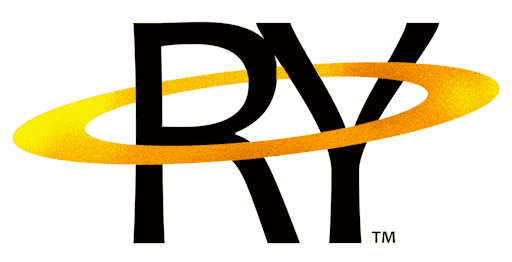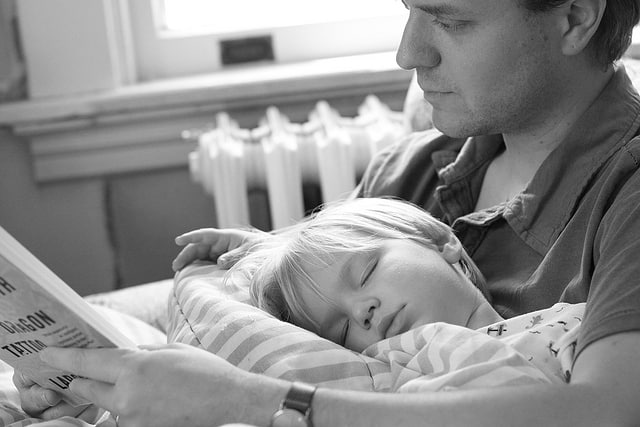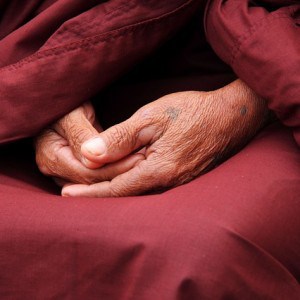For postnatal depression, support and advice from social workers, counsellors or your GP can be helpful. New mum/self-help groups can also provide good advice about how to cope with the effects of postnatal depression, and you may find it reassuring to meet other women who feel the same as you.
Source: Postnatal depression – Treatment @ NHS Choices
Video
Read more
- Feeling depressed after childbirth @ NHS Choices
Excerpt: Milder cases of postnatal depression can be treated with counselling. This can be given by the health visitor or a therapist. More severe cases often require antidepressants and you may need to see a specialist. You may also find it helpful to contact the Association for Post-Natal Illness or the National Childbirth Trust. Your local children’s centre can put you in touch with your nearest postnatal group. These groups provide contact with other new mothers and encourage mums to support each other. They offer social activities and help with parenting skills.
- Understanding postnatal depression @ Mind
Excerpt: It’s important to feel understood and supported. A sympathetic listener, who can hear about your feelings and worries without judging, can bring enormous relief. It could be a health visitor, a community psychiatric nurse, a counsellor, or a volunteer from a self-help organisation (see ‘Useful organisations’). Health visitors have a responsibility towards families with children under five and can be an invaluable source of help and advice. Some have training in counselling skills. Some run groups for new mothers. As a new mother, you should already be in contact with them.
Further help
- The Association for Post-Natal Illness – 0207 386 0868
Photo: nestle by Jessica Lucia under Creative Commons license




